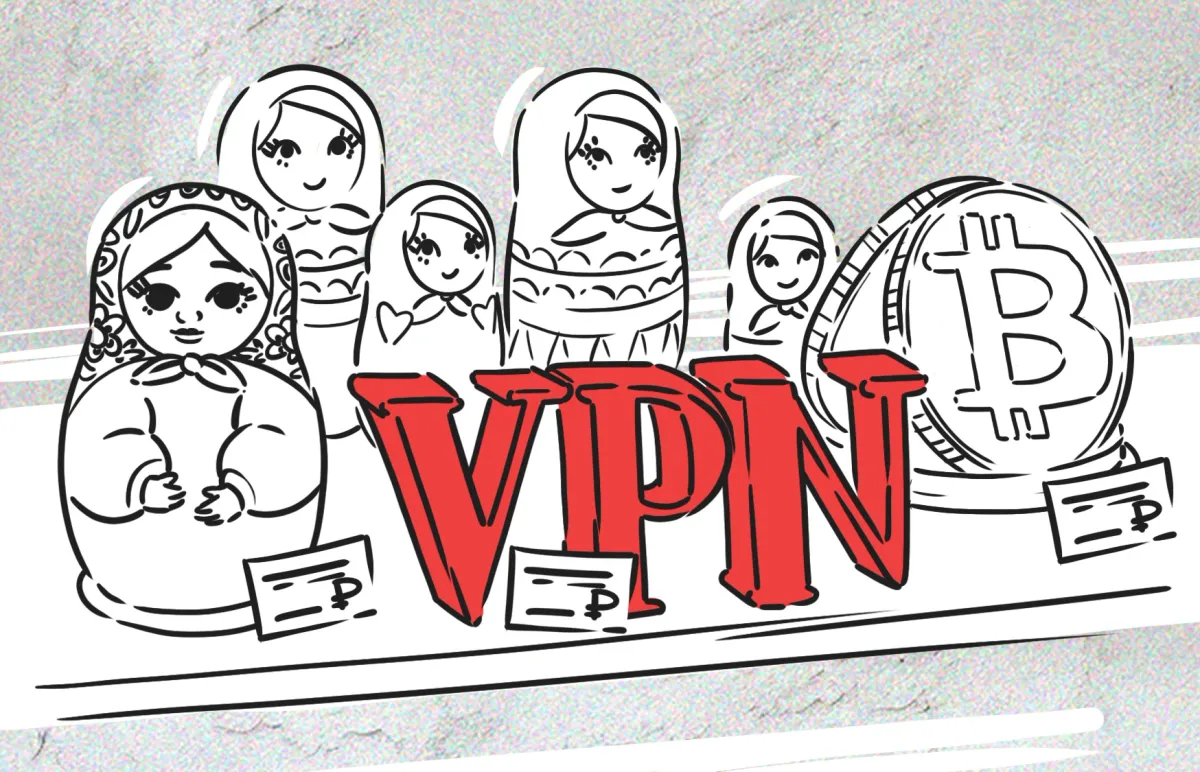
Global Crypto Exchanges in Sanctioned Russia
At the start of the Russia-Ukraine conflict, most Russian citizens lost easy access to the global financial system. Within a few months, Russians, especially those who left the country, pivoted to using crypto for money transfers. Although local authorities and banks were blocking the cards of those who used P2P trading, enforcement has been sporadic, mainly reserved for those exchanging large sums of money. Russians who want to, for example, exchange rubles into USDT and transfer it abroad to pay for everyday expenses have been able to.
Western sanctions required companies, including those in the crypto sector, to either cease trading in the country or impose strict limitations on the users. Most major players obliged; many users were banned and lost their funds back then, but as soon as the dust settled, Russians got back access to most crypto exchanges (Binance, OKX, Bybit, etc.) for more than a year. In 2023, U.S. authorities went in for another round of crypto sanction enforcement. Binance was the first one to ditch Russian users under government pressure.
Binance
After it was revealed that Binance is under the U.S. Justice Department investigation and is possibly violating sanctions on Russia, the company first tried to hide it, albeit in quite a funny and childish way. In September 2023 the exchange announced that “operating in Russia is not compatible with Binance's compliance strategy” and that it would entirely quit the Russian market by selling its local business to CommEX. Also, Binance paid huge fines to the U.S. authorities for various violations, including transactions with sanctioned jurisdictions.
Binance CommEX
CommEX was launched just one day before Binance's announcement. Back then, users noted that the exchange registered in Seychelles was basically a complete copy of Binance’s website with a different logo. It was possible to log in via a Binance account, and those who chose to pay commissions with BNB would get discounts. Still, Zhao publicly denied that he owned the 'Russian Binance,' as well as any connection between the two companies, but the fact that the ownership hadn't been revealed fueled all kinds of speculations. The company openly says it is "backed by top-tier crypto VC" and admits hiring ex-Binance employees. Its CEO Anton Toroptsev also used to work at Binance in Kostarev's team.
Apparently, CommEX hasn't replaced any international players, and Russians prefer to find ways of bypassing sanctions rather than trusting their funds to an unknown company without any licenses. At the same time, the exchange restricted EU and U.S.-based residents, allegedly to avoid compliance issues. Eventually, CommEX announced that it would cease operations. On March 25, the exchange began a gradual suspension of service and will completely stop by May 10. User accounts that retain assets after this date will be subject to an asset management fee. At the time of writing, the publication of the orders on the P2P marketplace had already been halted.
Others
Kraken and Coinbase limited Russian users' accounts on their platforms back in 2022. In August 2023, OKX banned all P2P transactions with the ruble but kept Russians' accounts. A relatively small exchange, CoinList was fined by OFAC in December 2023 for providing services to users resident in Crimea, Russia.
Currently, Bybit is the most popular option among CEXs as it provides suitable payment methods for RUB on the P2P marketplace and provides services in all countries apart from Russian-controlled regions of Ukraine. Locals also still have access to Gate.io, KuCoin, and other minor platforms. For example, p2p trading in rubles is available on BingX, an exchange registered in the EU, but operating from Singapore that apparently supports Iranian users and allows them to evade sanctions.
An important alternative to global crypto exchanges is Wallet, a crypto wallet application integrated into Telegram that allows P2P trading directly within the messenger and supports all the payment methods familiar to Russians.
At the moment, the Russian market is striving for solutions that would allow locals to participate in the international financial system, and DeFi can be one of these solutions. However, governments from both sides are powerful enough to prevent big crypto companies from interfering in political conflict. Still, some players are decentralized and separated enough to provide their services where needed. We will Observe what side will win and which players will replace Binance in the country.

